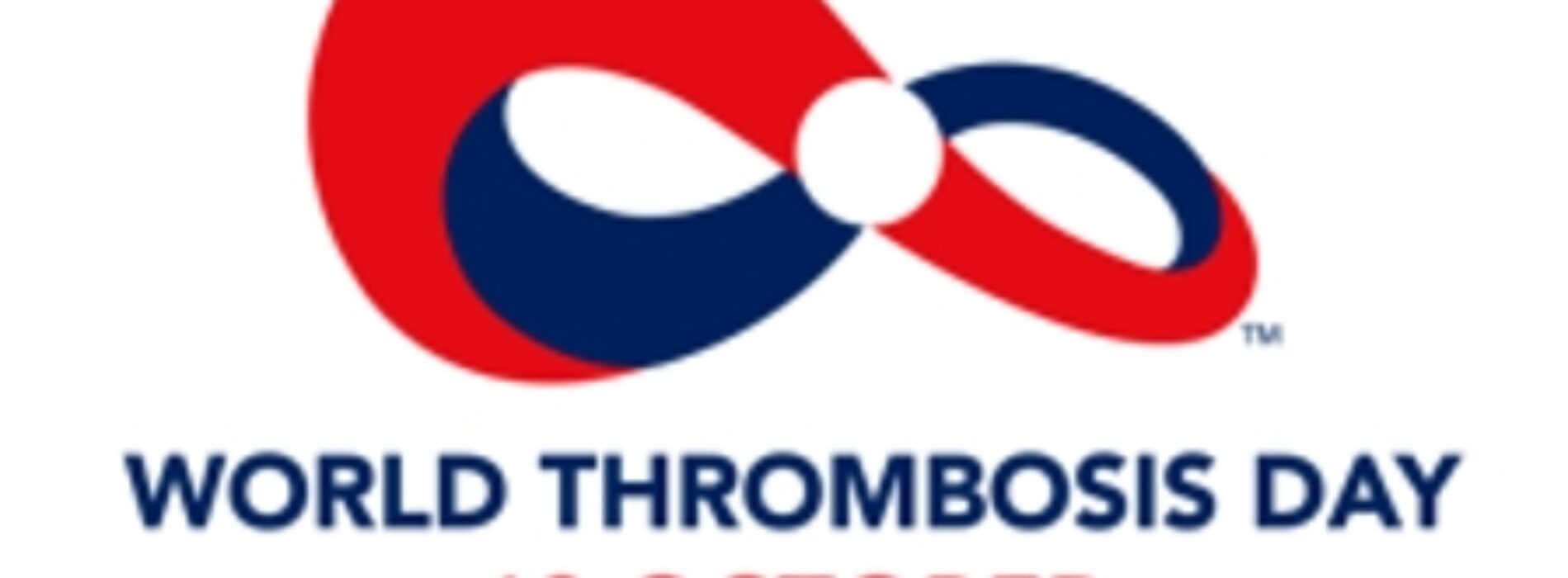WTD: Death rate on thrombosis still high in Nigeria…Experts
As Nigeria joins the rest of the world to mark 2022 World Thrombosis Day, Chief Consultant Haematologist at the University of Calabar Teaching Hospital, UCTH, Dr Kingsley Akaba has raised alarm that the death rate associated with thrombosis in Nigeria was of high prevalence.
According to a Vanguard report, Akaba explained that thrombosis is a silent killer and one of the commonest causes of sudden death.
He explained that blockage of the blood flow can cause sudden death through heart attack, stroke amongst others.
He said: “Also, clot can block veins and arteries adding that the symptoms can include pain, numbness, swelling in one leg and chest pain and if ignored, may lead to heatstroke.
“Most times, we physicians forget about thrombosis while managing our patients; we forget to consider it.
On his part, the Chief Medical Director of UCTH, Prof. Ikpeme Ikpeme, represented by Dr Eyong Smart, said that the blood clot can cause stroke and hormonal problems to the human body.
Also speaking, a Chief Consultant Haematologist at UCTH, Dr Ogbonna Nwabuko, called on Nigerians to shun drug abuse and smoking.
Nwabuko encouraged regular exercise with a view to making the body flexible.
About author
You might also like
No CSM death in Lagos – Health Commissioner
Contrary to reports alleging two deaths in Lagos last week from the raging Cerebro-spinal meningitis (CSM), the Lagos State Government says no case of the disease has been reported in
Lassa fever kills 93 in Nigeria in less than two months
93 persons have been killed by Lassa fever in Nigeria in less than two months. The nation recorded 420 confirmed cases of the disease between 21st January when it recorded
Brain-dead Polish woman gives birth to baby boy
A brain-dead Polish woman has delivered a baby boy after she was kept alive for 55 days so that she could give birth. A hospital official said on Tuesday that






0 Comments
No Comments Yet!
You can be first to comment this post!